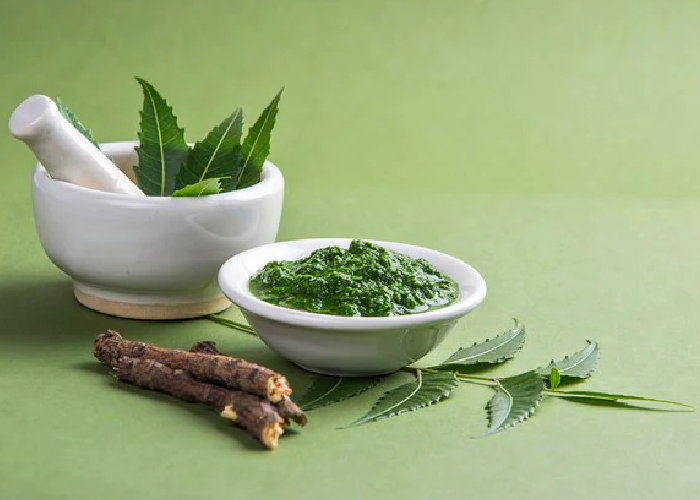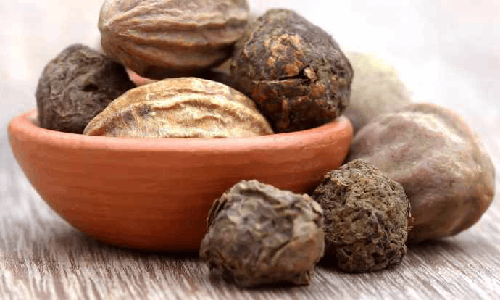Herbs are an important part of Ayurveda. Ancient Ayurvedic texts have mentions of a huge variety of herbs that help heal an array of health conditions. Each of these herbs has high value for its special medicinal qualities and healing potential. The best part is that they offer mild yet efficient therapeutic benefits with few… Continue reading Top 10 Essential Ayurvedic Herbs
Top 10 Essential Ayurvedic Herbs


